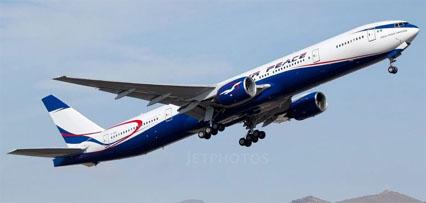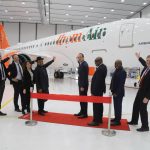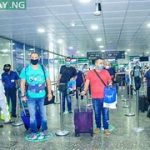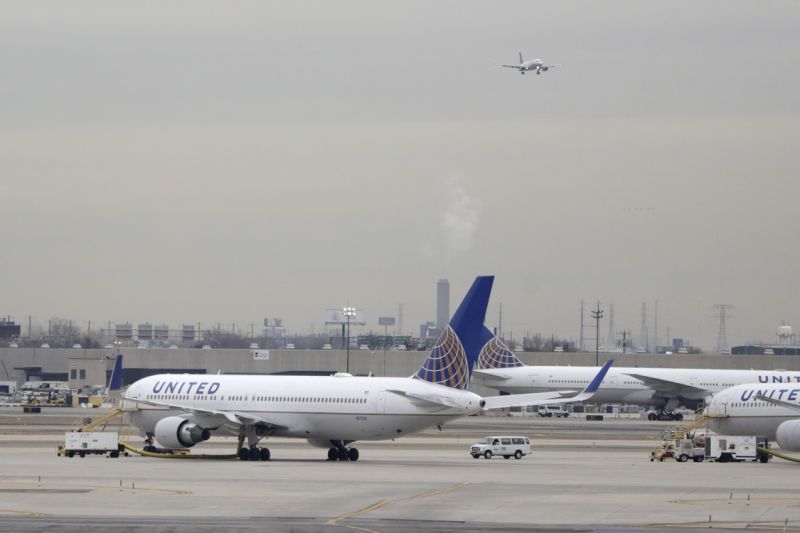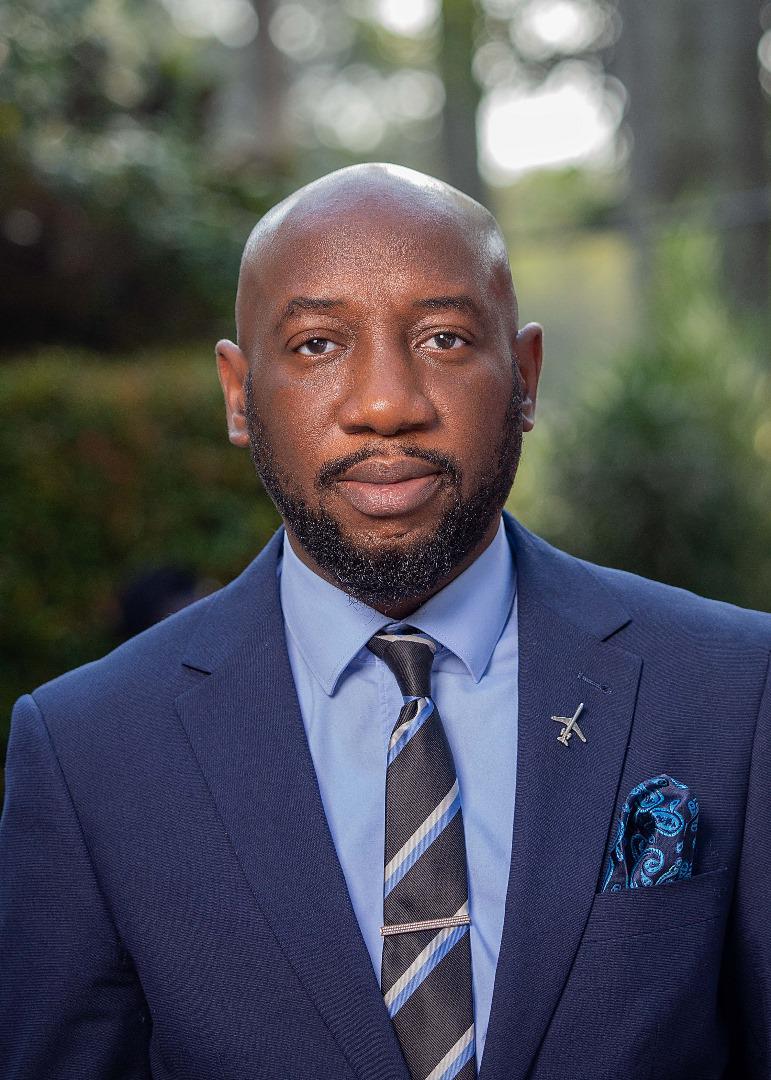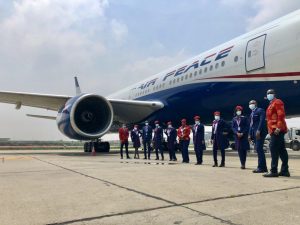
Stakeholders in the aviation industry are convinced that if the right policies are put in place to address growth challenges, the aviation industry will double its current workforce, generate more businesses and up the country’s GDP.
Many aviation industry players have said that the air transport industry in Nigeria lags behind in many ways, insisting that Nigeria’s airports are not the best in terms of functionality, aesthetics and modernity.
They asserted that in many African countries there is immediate access to the internet on arrival at their main airports but no Nigerian international airport offers such free service effectively.
Industry observers also noted that in terms of rating, Nigeria is rated low because of the long processing hours, especially on Immigration and State Security Service (SSS), noting that in many airports in the world, passengers interface with one security personnel, which quickens security checks, a development that is different in Nigeria, where passengers spend long time on queues on arrival.
In spite of these challenges doing business in Nigeria’s aviation industry is made more difficult because of high taxes and charges, which are disincentive to investment.
Last week stakeholders in the industry converged in Lagos and deliberated on how high charges have hurt development in the sector. The meeting was hosted by Aviation Round Table, which organises quarterly business breakfast meetings, where industry insiders deliberate on issues that affect the sector.
Financial Challenge
The theme of the meeting was, “Nigerian Aviation Sector Charges, Duties and Tariffs.” In his presentation, former President of ART and Chairman, Sabre Networks, West Africa, Dr. Gbenga Olowo, said the aviation industry was grappling with financial challenges, exacerbated by lack of government focus and called for urgent reforms. He said for Nigeria to be competitive in air transport in Africa, it has to be competitive and introduce policies that will enhance easy ways of doing business in the aviation industry.
Olowo also questioned the exorbitant charges and trapped foreign airlinesrevenues that seem to be damaging the image of the country, as the International Air Transport Association (IATA) at different fora in Africa made it known that trapped airlines revenue in Nigeria is the highest in the continent, if not in the world.
He recalled that IATA reiterated its call for the payment of the trapped funds by Nigeria during the 55th Annual General Assembly and Summit of the African Airlines Association (AFRAA) in Kampala, Uganda, where IATA also noted that Lagos (LOS) and Abuja (ABV) have earned the unenviable title of the world’s most expensive airports.
He disclosed that in Nigeria, passengers face a staggering service charge of $100, dwarfing the charges of renowned airports like Doha (DOH) at $44 and Dubai (DXB) at $40 ad regrettably with dilapidated and obsolete facilities and poor passenger facilitation and comfort.
Olowo frowned at the fact that Nigeria carries the burden of the highest aviation debt globally, reaching a staggering $850 million as of May 2023, observing that the debt profile of Nigeria reveals that a single airline is grappling with an outstanding debt of $281 million trapped in the country.
IATA had expressed frustration with these trapped funds and many in the industry believe that it is not lack of money that made the Nigeria government not to pay the trapped funds, but lack of priority. IATA said it is no more disposed to mediate between Nigeria and the airlines, warning that some international carriers may stop operating in Nigeria.
Multiple Charges
Highlighting the plethora of charges confronting airlines, Olowo argued that the charges are undeniably exorbitant, compared to other countries and noted that such charges are disincentive to business and investment in the sector.
He questioned the rationale for collecting aeronautical charges from domestic airlines operating within the Nigerian airspace, adding that it was completely wrong as such charges are only meant for foreign airlines flying into the country and those flying over the nation’s airspace to other destinations, known as over fliers.
He excoriated the apparent lack of priority given to commercial aviation in Nigeria by successive governments as he stressed that he was disappointed at recent government allocations in the budget.
He noted that N5.5 billion ($6.5 million) was earmarked for developing new airstrips and repairing abandoned ones, questioning the logic behind building infrastructure only to leave them abandoned and after years earmark money for their rehabilitation. He emphasised the need for a shift in priorities, Olowo drew attention to the millions of dollars spent annually on government-funded religious tourism to Jerusalem and Jeddah, arguing that such expenses should be reconsidered and redirected to sectoral projects, adding that these funds could be redirected towards the aviation sector to enhance the ease of doing business in Nigeria and alleviate the burden of excessive charges.
On Bilateral Air Service Agreements (BASA), Olowo said Nigeria should strive and resolve bilateral agreement issues.
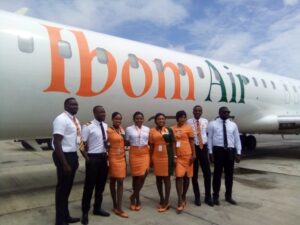
Proliferation of Government Agencies
In his presentation, a Senior Advocate of Nigeria and Taxation and Arbitration Consultant, Prof. Abiola Sanni, identified the factors responsible for exorbitant charges for services and businesses in the aviation industry and other sectors of the economy.
Sanni identified some of the problems to include the proliferation of government agencies with overlapping functions, abuse of regulatory power for revenue purposes by ministries, departments and agencies (MDAs), inordinate revenue drive by government agencies to meet revenue targets, lack of an effective coordination of charges by MDAs, outsourcing of revenue collection by MDAs to private revenue agents and lack of sufficient government support for the growth of the sector.
He said all these are responsible for exorbitant charges, stating that Nigeria’s aviation sector is under the yoke of charges.
Breaking down payment for a ticket, he revealed that where base fare is N79,453, surcharge is N21,500. Passenger Service costs N2,000 while ticket sales charge is N5,048, stating that though the aviation sector is highly regulated, there is a question about effective mechanism for “regulating” the charges by regulators in Nigeria.
“Are there mechanisms for dealing with underlining ‘agency cost’ in Ministries, Departments and Government Agencies (MDA), bearing in mind that MDAs are not revenue agencies? Efficient regulation is desirable and should provide the pathway for growth. Why is the situation different in Nigeria?” he asked.
Taxes
Explaining the concepts and meanings of taxes and levies, Sanni defined tax as “a compulsory payment imposed by the government through a tax statute (enacted solely or mainly to raise revenue) for which no direct benefit accrues to the taxpayer. Taxes may go by different names such as duties, tariffs, etc., noting that it is not a matter of nomenclature, adding that a compulsory payment with all the features of a tax will be a tax, whether it is called a tax or a variant of a tax.
He defined charge as ‘an amount demanded or promised as a price for a service rendered or goods supplied. “Thus, a charge is a payment in exchange for goods or services. The words “charge” and “fee” are synonymous. A charge is generally not a tax. But a “Charge” will be a tax if it has all the elements of a tax such as “Land Use Charge” imposed by the Land Use Charge Law (LUCL) of Lagos State.”
He said: “Unlike taxes, charges are not compulsory. While the revenue derivable from taxes forms part of the general fund of the State, charges are usually earmarked for defraying the expenses incurred by the Ministry, Agency or Parastatals charged with the provisions of such services. Where a charge is exorbitant, it is an abuse of regulatory power.”
He defined tariff as “a list of prices – e.g. rooms and various items in the hospitality sector. In the tax environment, it refers to taxes imposed on imported and exported goods.”
In his recommendation, Sanni said: “Future conversations should bear in mind that taxes and charges are different concepts. The Nigerian culture of conflating charges with taxes is counterproductive hence the need to disaggregate them. Every agency should have a comprehensive list of its charges; the way the Nigerian Civil Aviation Authority (NCAA) has done for certainty and engagement by stakeholders. There is an imperative of a proper regulation and coordination of charges by MDAs to prevent abuse of regulatory power for revenue purposes. There is need for proper budgeting and financing of MDAs, in this case NCAA.”
He added that government should assure that there is only one single revenue agency per level of government for MDAs to focus on their core objective.
“The government should develop a robust roadmap for the sustainable growth of the aviation sector,” he said.
Bottlenecks
The Managing Director of Flight and Logistics Solutions Limited, Amos Akpan, told THISDAY that bottlenecks to export of goods from Nigeria are well known and there is no need talking about them, as government is not disposed to taking drastic action by removing these bottlenecks.
“I don’t understand why we keep repeating the news about bottlenecks to export trade from our airports. The obstacles are obvious.At the cargo terminal of Murtala Mohammed International Airport, you pay per package to the police at the electronic toll gate before you are allowed entry.
At the export shed, the freight fee is four thousand naira per kilogram to North America and Cannada. N3, 500 per kilogram to Europe and the Gulf states. In addition, you will pay for acceptable packaging. Then you will pay handling charges of unspecified amount mainly to govt agencies stationed in the export shed which includes the Federal Airports Authority of Nigeria (FAAN), Quaranatine, the Nigeria Customs Service, the National Drug Law Enforcement Agency (NDLEA), NAFDAC, Police Explosive Ordinance Department (EOD), DSS, Director of Intelligence Agency and the Federal Ministry of Trade.
The cargo agents have complained that they are losing customers because of the high cost of charges. This has been the reality on ground and it is still so as at 12th December 2023,” Akpan said.


